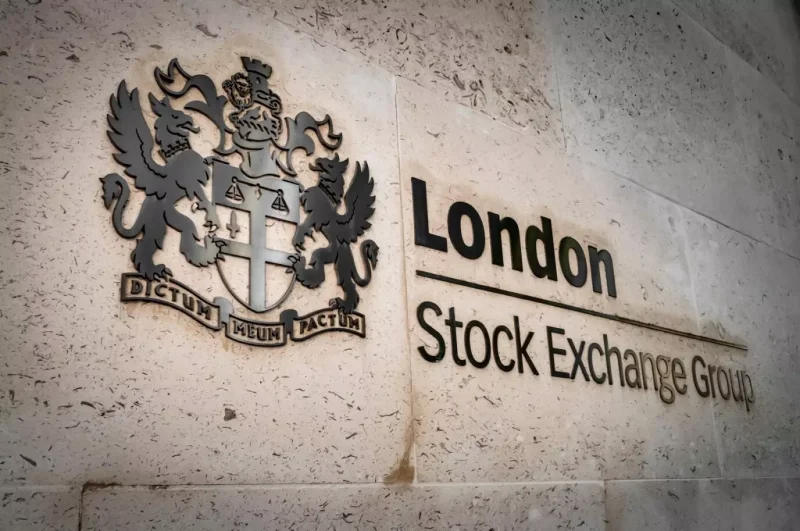The recent French political uncertainty has sent ripples across European markets, causing turbulence and fluctuations in various sectors. Investors and analysts are closely monitoring the developments in France, as they navigate through this period of uncertainty. The impact of political events on financial markets is not new, but the current situation in France has drawn significant attention due to its potential to influence the broader Eurozone economy.
One of the key areas affected by the French political uncertainty is the stock market. The instability in the political landscape has led to increased volatility in stock prices, with investors reacting swiftly to any news or announcements coming from France. Companies with significant exposure to the French market have seen their stock prices fluctuate, reflecting the uncertainty among investors regarding the future business environment in the country.
The bond market has also been impacted by the French political situation. Government bonds, in particular, have experienced fluctuations as investors assess the risks associated with the political uncertainty. The yield on French government bonds has been particularly sensitive to political developments, with any signs of instability leading to an increase in yields as investors demand higher returns to compensate for the perceived risk.
The foreign exchange market has seen its share of volatility as well. The Euro, the common currency used by many European countries including France, has been fluctuating in response to the political uncertainty. Investors are closely monitoring the situation in France, as any significant changes in the political landscape could potentially impact the value of the Euro against other major currencies.
In addition to financial markets, the French political uncertainty has also had implications for the broader European economy. The uncertainty surrounding the French government’s policies and direction has the potential to disrupt economic growth in not only France but also other European countries. Businesses may hold back on investments, consumers may become more cautious, and overall economic activity could slow down as a result of the uncertainty.
Furthermore, the French political uncertainty has raised concerns among policymakers in the European Union. The stability of the Eurozone is paramount for the region’s economic growth and prosperity, and any prolonged uncertainty in a major economy like France could have wider implications for the entire European Union. Leaders are closely monitoring the situation and working towards finding a resolution to the political instability in France.
In conclusion, the French political uncertainty has created turbulence in European markets, impacting various sectors including stocks, bonds, and foreign exchange. The implications of this uncertainty extend beyond financial markets, potentially affecting economic growth and stability in the broader European region. As investors and policymakers continue to monitor the situation, the need for clarity and stability in French politics becomes increasingly crucial for the overall health of the European economy.




























